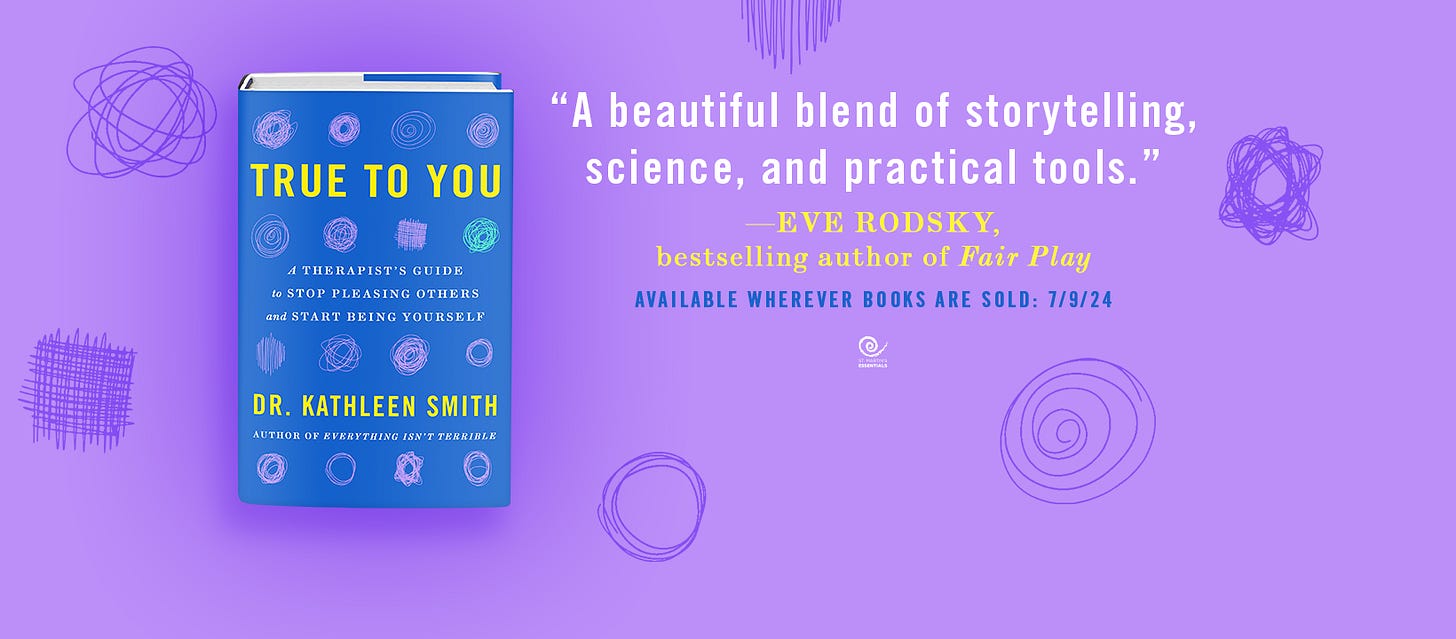Have you seen those giant plastic penguins that kids push around when they’re learning to ice skate? They keep you from falling, but it’s hard to get anywhere fast.
People often bring their plastic penguins to therapy. Having someone to blame keeps us steady, but it doesn’t allow for much flexibility.
I try not to judge the blame that anyone pushes along in front of them. I too have frequent thoughts about what my parents could have done better, or how colleagues need to function so that my life will improve.
In times of uncertainty, people stay steady by blaming:
A boyfriend who doesn’t communicate well.
A boss who isn’t responsible enough.
A mother who was too inept.
A father who didn’t care enough.
A son who is too selfish.
A friend who isn’t thoughtful enough.
A sister who thinks it’s all about her.
The cognitive system is designed to be automatic and efficient, so we can quickly assign intentions to people’s behaviors. Quite the useful feature when we encounter real baddies and real danger. The tradeoff is that when tension is high, we often assign bad intensions to those who are trying to navigate life’s challenges.
Our relationship systems also can benefit from having someone to blame. If one person is the problem, this offers a quick solution. Fire them, don’t talk to them, or send them to therapy to work on themselves. Complex problems are much stickier and more anxiety-producing.
What does it look like to move throughout the world with less blame? Without having to focus on the other to steady oneself? The goal isn’t to turn the blame towards yourself, but to be curious about what you can do with yourself and the facts of life you’ve been dealt.
We recently took our daughter roller skating for the first time. She refused my suggestion to use a skating bar with wheels for balance. (She probably would have said yes to a penguin.) “I don’t need it!” she insisted after each wipeout.
An hour later, she was grooving along, commenting on how incredibly wrong I had been to think she’d needed assistance. And she was right. She had been willing to tolerate the distress of feeling unsteady, of hitting the floor, when I’d been less enthused about observing (and feeling) her distress.
Moving past blame isn’t about letting people off the hook or excusing bad behavior. It’s about not needing a villain to steady the ship or make sense of one’s current functioning, a feat for the uber-narrative brain.
How do I move through the world when no one is the diagnosed problem, not even me? When my task isn’t to fix others but to represent myself a little more solidly in a family, or an organization, with all kinds of people with all kinds of challenges?
Your butt might be sore for a bit, but it won’t kill you.
More questions:
Who are the penguins you’ve been pushing around in front of you?
Where are you quick to assign bad intentions to others without sufficient evidence?
How does getting factual about people’s history help you move past blame?
Where have you been able to move past blame? What did you learn about your own capabilities?
Similar posts:
Where People Put the Problem (paid subscribers)
Here’s What Happens When We Stop Diagnosing Each Other (paid subscribers)
News from Kathleen
Reading: I’m Mostly Here to Enjoy Myself by Glynnis MacNicol and The Genius Myth by Helen Lewis.
Buy my new book, True to You! (If you didn’t get the preorder bonus workbook, just reply to this email letting me know where you bought the book, and I’m happy to email you one.) If you bought my book on Amazon, could you please leave a review? I’m in need of some more so other folks can find it. Thanks!
Want to read more of my writing? Read my other book, Everything Isn’t Terrible, or my newsletter archives. Paid subscribers can access the entire archive.
Email me if you want me to speak to your group or are interested in doing coaching with me. Follow me on Linkedin, Facebook, or Instagram.






I try and try to let go of penguins, but, just as you have noted: it takes many tries, many failures to make some progress.
I'm working ( and playing) at it!
This landed like a soft snowball to the heart. Thanks.
Especially the part about needing a villain to steady the ship. It reminded me how often blame feels like doing something, when in truth, it keeps us circling the same patch of ice.
I’ve found that when I stop pushing the penguin and start tending to my own posture, I change. My energy, my breath, even my rhythm and in consequence, I move more freely, even if it’s messier.
Nature doesn’t blame. It adapts, integrates, and composts what no longer serves. Maybe we can, too.
Curious if others have found a way to compost old blame stories. What helped you let go, or transform them?